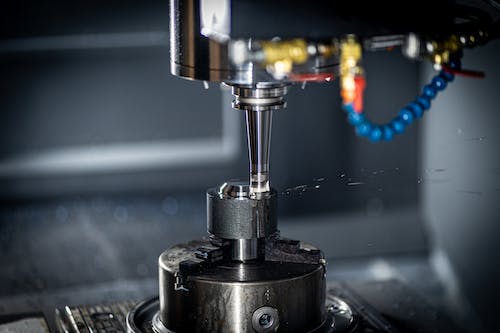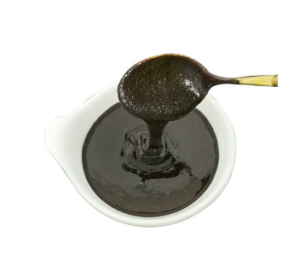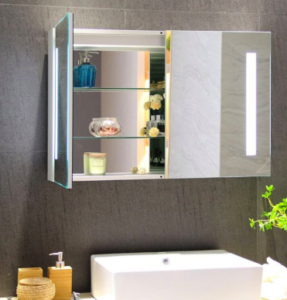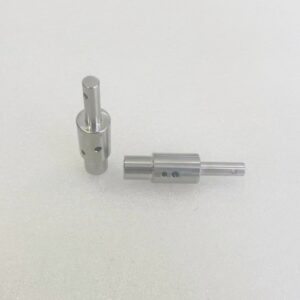Table of Contents
ToggleWhy Need Choose Plastic casing for electronics
In most cases, it is necessary to choose the right electronics plastic case for your electronics. Without complete protection, electronics are at high risk of being damaged by water, dust, and the environment as a whole. It is therefore essential to use plastic electronic enclosures for your products. The protection provided by these plastic electronic enclosures can range from insulation to waterproofing. That’s why we need choose one of the best plastic casing for electronics.
What are the advantages of plastic casing for electronics
Choosing the right plastic casing for electronics is crucial in Electronic Manufacturing Services. Plastics have become a major player in the electronics enclosure market in both consumer and industry markets. Plastic casings are advantageous because they offer lightweight structures, electrical isolation, and design-for-use enclosures. There are various types of materials used in a plastic casing that have different beneficial properties. The correct type of plastic or polymer must be sourced for the product, as different plastics may not have the structural integrity, consistent function in changing environments, or long-term wear characteristics required. The choice of the enclosure depends on the design, size, and configuration that best meets your particular requirements.

The importance of plastic casing for electronics
Selecting a perfect plastic or polymer for electronic casing products is a vital task within the early stages of product design and development. Since plastic enclosures are used to protect the electrical components within, any choice for plastic may lead to additional costs in making subsequent changes to correct once a product’s manufacturing processes have been established. It is then crucial to focus on the validation of the electronic function and overlook the need for a sustainable and effective enclosure design solution early on in the design stage.
Consider fully what type of plastic housing your project requires
For example, acrylonitrile butadiene styrene (ABS), a two-phase polymer, provides excellent protective properties for electronic enclosures. But it also has a disadvantage, that is, the shell of this material is only suitable for indoor use and will be damaged if exposed to sunlight for a long time.
Conversely, a blend of Acrylonitrile Styrene Acrylester and Polycarbonate (ASA+PC) enhances plastic performance at high temperatures, is flame resistant, increases product impact strength, and is, therefore, more suitable for harsher environments. Not just any material can meet your project needs. When choosing plastic casing for electronics, you need to repeatedly consider your products and needs. It should be noted that the most expensive is not necessarily the best, only the one that suits your project is what you need.
Conclusion
Plastic casing for electronics can provide perfect protection for your precision electronic products, effectively reducing the chance of damage from dust, water stains, bumps or other external factors. On the other hand, it can also make your products more beautiful. There is a range of plastic housings for electronics on the market covering many different applications such as handheld housings, wall-mounted housings, flush mounts, desktop housings, desktop housings, instrument housings, standard mounting rail housings, etc.
1




